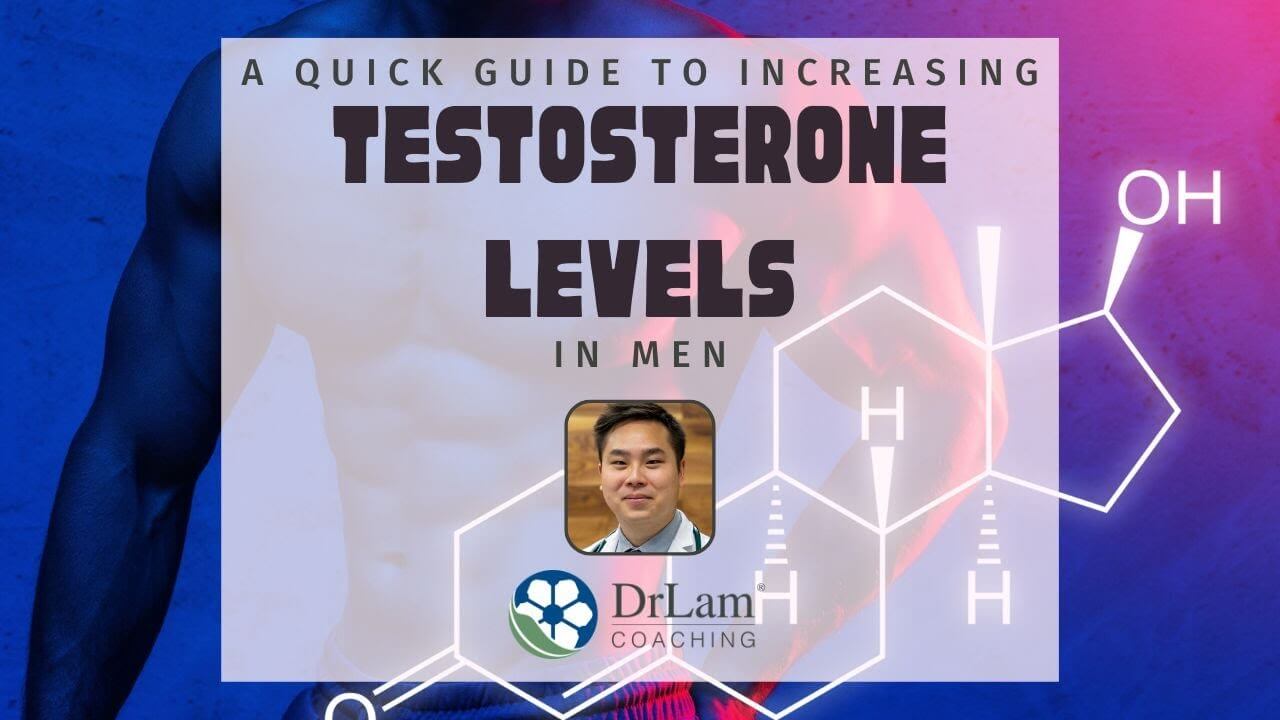
A common method of increasing libido is to increase testosterone levels. Testosterone is commonly referred to as the male sex hormone and is part of the hormone class known as androgens. Smaller amounts of this hormone are also found in women. Although manufactured in the male testicles and, to a smaller extent in the female ovaries, small amounts of this hormone are also made in the adrenal glands. Your body tends to increase testosterone production once you hit puberty, and production begins to taper off once you hit your 30’s.
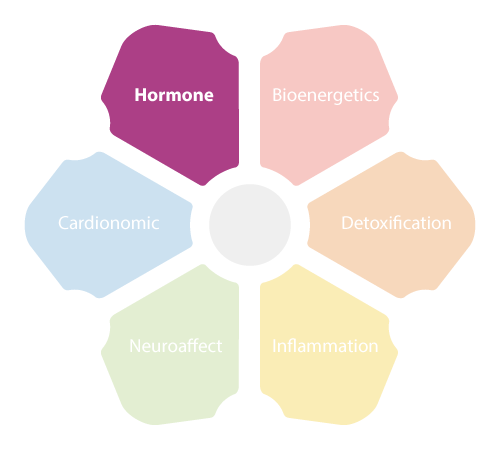 Testosterone production is sparked off in the pituitary gland in the brain by chemical messengers sent to your testicles, or in the case of females, ovaries. This testosterone increase may often be accompanied by feelings of sexual desire. The pituitary gland is part of the hypothalamic-pituitary-adrenal (HPA) axis and forms part of the circuit responsible for your body’s NeuroEndoMetabolic (NEM) Stress Response. The latter is your body’s automatic response to any kind of perceived stress, and it can help describe how stress can interfere with testosterone production.
Testosterone production is sparked off in the pituitary gland in the brain by chemical messengers sent to your testicles, or in the case of females, ovaries. This testosterone increase may often be accompanied by feelings of sexual desire. The pituitary gland is part of the hypothalamic-pituitary-adrenal (HPA) axis and forms part of the circuit responsible for your body’s NeuroEndoMetabolic (NEM) Stress Response. The latter is your body’s automatic response to any kind of perceived stress, and it can help describe how stress can interfere with testosterone production.
Both men and women need testosterone, as it plays a number of vital roles in the human body. Amongst these are the regulation of your sex drive, bone mass, muscle mass and strength, brain function, and even your fat distribution.
Common signs of low testosterone include a number of symptoms commonly associated with adrenal fatigue including osteoporosis, irritability, depression, brain fog, a decrease in muscle mass, lowered libido, and more.
In women especially, testosterone plays a vital role in bone strength, brain function, and also the development of lean muscle mass. Besides affecting a woman’s sex drive, it also contributes to an overall sense of well-being and higher energy levels.
Men, however, may be even more dependent on the benefits of testosterone than women. Lower testosterone levels is a leading factor when it comes to male andropause, a time during a man’s life that, in many ways, is relatively similar to a woman’s menopause. During this period, men often experience a significant decrease in testosterone levels, resulting in a variety of symptoms that include, amongst others, erectile dysfunction, lower energy levels, mood swings, depression, difficulty concentrating, and decreased bone and muscle mass.
During puberty, testosterone increase in males results in the growth of the testicles and penis, the development of facial, pubic, and body hair, deepening of the voice, muscles and bone strengthening, and of course, sudden growth spurts.
In men, a marked decline in testosterone may affect all aspects of general health, with the risk of contracting certain conditions increasing. Amongst these are included prostate cancer, Alzheimer’s, diabetes, and heart issues.
The aging process is probably one of the primary reasons for testosterone levels to decline. Other factors, however, may also have an impact. One of these is obesity.
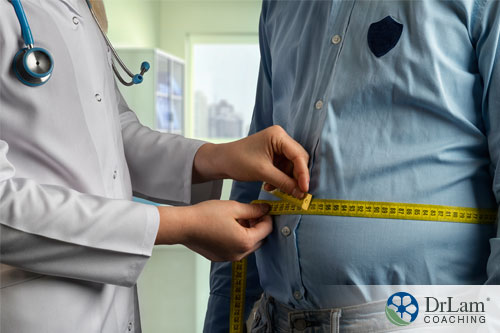 Increased weight gain has been linked to lower levels of testosterone. But it is not only the fat we put on that is the issue. Diet plays an important role. A low-fat diet has been the go-to solution for weight loss for decades, but research doesn’t support it. The problem is that your body needs fat, especially the ‘good types’ of fat such as olive oil, a monounsaturated fat, for fat metabolization and testosterone production.
Increased weight gain has been linked to lower levels of testosterone. But it is not only the fat we put on that is the issue. Diet plays an important role. A low-fat diet has been the go-to solution for weight loss for decades, but research doesn’t support it. The problem is that your body needs fat, especially the ‘good types’ of fat such as olive oil, a monounsaturated fat, for fat metabolization and testosterone production.
Another factor that plays a role in lower testosterone levels is excessive sugar consumption. Excessive sugar consumption tends to cause a rise in your insulin levels. Higher insulin levels have been linked to a decline in testosterone levels. This means that if you have your sugar intake and insulin levels under control, your testosterone levels may improve.
Other causes of low testosterone levels may include:
Your adrenal glands, as part of your HPA axis, produce many different hormones, with the inner portion (the adrenal medulla) mainly responsible for the production of adrenaline and norepinephrine. These, together with cortisol, a glucocorticoid, are responsible for your body’s fight or flight response when submitted to stress of any kind.
The outer part of the adrenal glands (the adrenal cortex) produces roughly 50 different hormones. These are mainly mineralocorticoids, glucocorticoids, and androgen. Testosterone is an androgen hormone.
Congruent with a sudden increase in adrenaline production, there is an increase in cortisol production during times of stress. This increase is followed by an increase in blood sugar levels, mental processes going into overdrive, and the body readying itself to either fight or run away from a situation. During this period, body processes not crucial to immediate survival are either shut down or reduced. This state usually only lasts until the perceived threat is gone; then all systems return to normal.
 When stress is prolonged, such as the stress you might feel from your work or a long illness, for example, the state of affairs as mentioned keeps on, sometimes indefinitely. All body systems may ultimately be affected, including hormone production.
When stress is prolonged, such as the stress you might feel from your work or a long illness, for example, the state of affairs as mentioned keeps on, sometimes indefinitely. All body systems may ultimately be affected, including hormone production.
Pregnenolone is the precursor hormone to testosterone and is produced in your adrenal cortex. Pregnenolone, however, is also the precursor hormone to cortisol. And here is where the problem lies. During times of prolonged stress, the use of pregnenolone could result in adrenal fatigue. Prolonged stress demands high, and possibly increasing, production of cortisol. This means that increasing amounts of pregnenolone are required for cortisol production.
Eventually, a discrepancy arises, with your body’s testosterone levels significantly decreasing. In women, this could lead to what is known as estrogen dominance. This is not necessarily because their bodies have very high estrogen levels, however, but rather that their testosterone levels are much lower than their estrogen levels. The main culprit is not an increase in estrogen, but an increase in cortisol with a corresponding decrease in testosterone. These lower testosterone levels in both men and women could have a resounding effect on general health.
The answer to the dilemma is often to increase testosterone. Some people get a testosterone shot, but it does not last forever, and they soon find themselves decreased levels once again. The best answer to the problem of low testosterone levels in the body is to increase testosterone naturally. This is ultimately more sustainable in the long run.
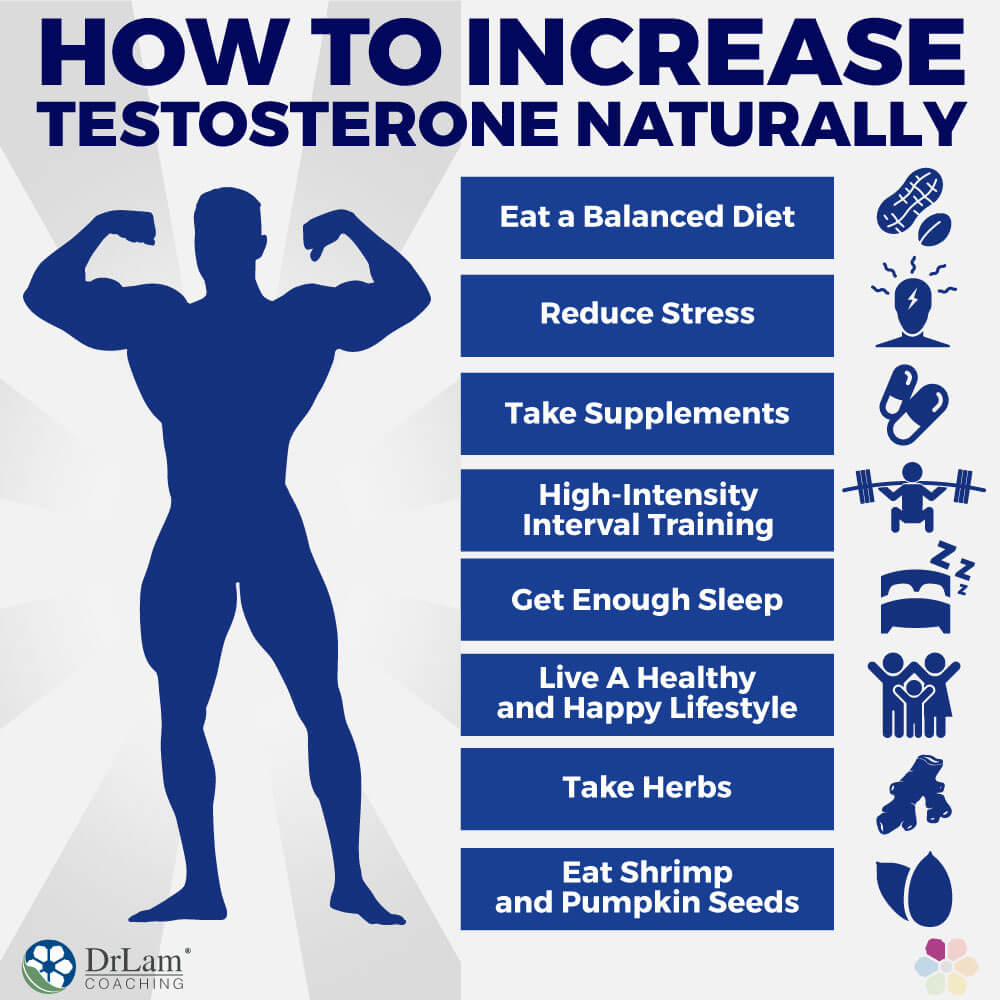
Surprisingly, there are a number of safe, natural ways to increase testosterone.
As the saying goes, “You are what you eat.” And everything you consume has an impact on your body’s hormone production, testosterone included. Yet we are constantly bombarded with different advice when it comes to our diets. And much of this advice is based on myth or incorrect ‘scientific’ data.
The fact about diet is that you need to take a long-term calorie intake approach, incorporating good fats and yes, even some carbohydrates. Constant dieting and cutting out food groups entirely may disrupt your testosterone levels.
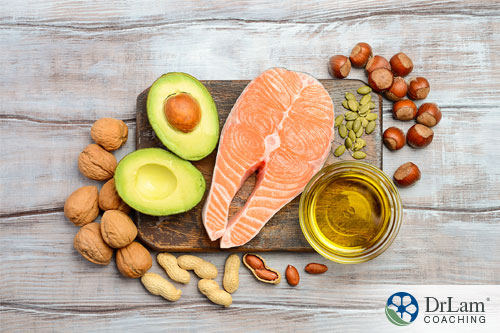
Ultimately, when it comes to your diet, eating whole foods is best. One should strive to avoid processed foods, as most have many health problems attached.
Long-term stress increases your cortisol levels and decreases your testosterone levels. Stress and the correspondingly high levels of cortisol may result in weight gain, thus also impacting your testosterone.
You may be able to optimize testosterone levels by managing your stress. There are many different methods you can employ to do this, such as deep breathing exercises or meditation, as examples.
Certain vitamin and mineral supplements may increase testosterone, according to various studies.
Interestingly, research shows that nearly 50% of the U.S. population has a vitamin D deficiency. A study regarding vitamin D spanning one year showed that a vitamin D supplement could potentially increase your testosterone levels by up to 25%. In studies on the elderly, it was found that a combination of vitamin D and calcium not only helped to increase their testosterone levels, but their risk of falling and causing injury to themselves was also reduced.
 Various types of exercise are very efficient in preventing health conditions relating to lifestyle. At the same time, these exercises may also increase testosterone levels, according to a large study conducted on just this issue.
Various types of exercise are very efficient in preventing health conditions relating to lifestyle. At the same time, these exercises may also increase testosterone levels, according to a large study conducted on just this issue.
In obese men, according to research, it would seem that physical activity played a more important role with regards to increasing their testosterone levels than going on a diet and losing weight. When it comes to exercise specifics, though, resistance training (or weight lifting) has shown both short-term and long-term effectiveness with regards to increasing your testosterone levels.
Not everyone is interested in resistance training, but at the end of the day, any form of exercise will be of benefit in the long run.
Getting enough good quality sleep may be just as important as exercising and following a healthy diet when it comes to increasing testosterone levels. Although the hours of sleep varies from one person to another, one study has found that people who sleep five or fewer hours a night could see up to a 15% reduction in their testosterone levels. Another study on sleeping habits indicates that people who slept four hours per night showed a borderline deficiency in this hormone.
According to research, getting seven to ten hours of sleep helps increase testosterone.
A healthy lifestyle is not only about what you eat and the type of exercise you do. It is also about avoiding environmental chemicals and pollutants, limiting or eliminating the use of any drugs (if possible), and trying to create situations that cultivate happiness in your daily life. Playing catch with your puppy, taking a long stroll in nature, or spending quality time with your family and friends can all help create the kind of internal climate that produces more testosterone.
Besides the many health benefits of ginger, it may also help increase testosterone levels up to 17%, according to one study. Ashwagandha, another herb, has been found to increase not only testosterone levels by 17% in men, but to increase their sperm count by an astonishing 167% as well. Besides these two benefits, the herb has been found to lower cortisol by 25% in healthy men. This, of course, would be a significant aid with regards to testosterone production.
On the other hand, testosterone boosting foods are also an option. For those who love seafood, shrimp is a great choice. It is high in vitamin D, for example, making it a great choice when going to a restaurant. Pumpkin seeds are a great source of zinc, coconut contains saturated fat, and wheat bran contains a lot of magnesium which may aid in testosterone production.
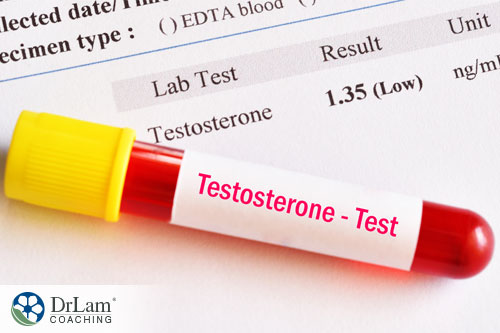 At the end of the day, low libido or other issues resulting from low testosterone levels may not be something you have to live with. By implementing a few simple changes, you can indeed increase testosterone while giving your adrenals support in the process.
At the end of the day, low libido or other issues resulting from low testosterone levels may not be something you have to live with. By implementing a few simple changes, you can indeed increase testosterone while giving your adrenals support in the process.
While boosting testosterone may have beneficial effects for those that are healthy, it can be problematic for those that are in advanced AFS, where the body is already sensitive and overstimulated, as evidenced by anxiety, irritability, and panic attack symptoms. In these people suffering from advanced AFS, suddenly boosting testosterone can possibly trigger adrenal crashes. This can be a very negative response and deter their overall recovery effort. The weaker the adrenals, the greater the risk. Something as innocuous as zinc can even trigger crashes. Always consult a knowledgeable health professional prior to embarking on any self-navigation effort.
One of the symptoms associated with adrenal fatigue is a decrease in testosterone levels. If you have adrenal fatigue and lower levels of testosterone, then the chances are good that you may see an improvement if you take steps to increase testosterone.
